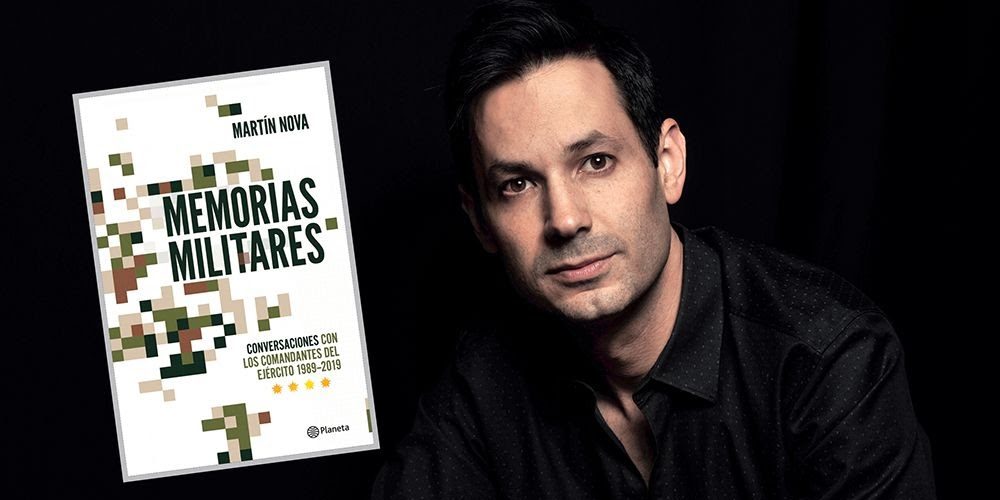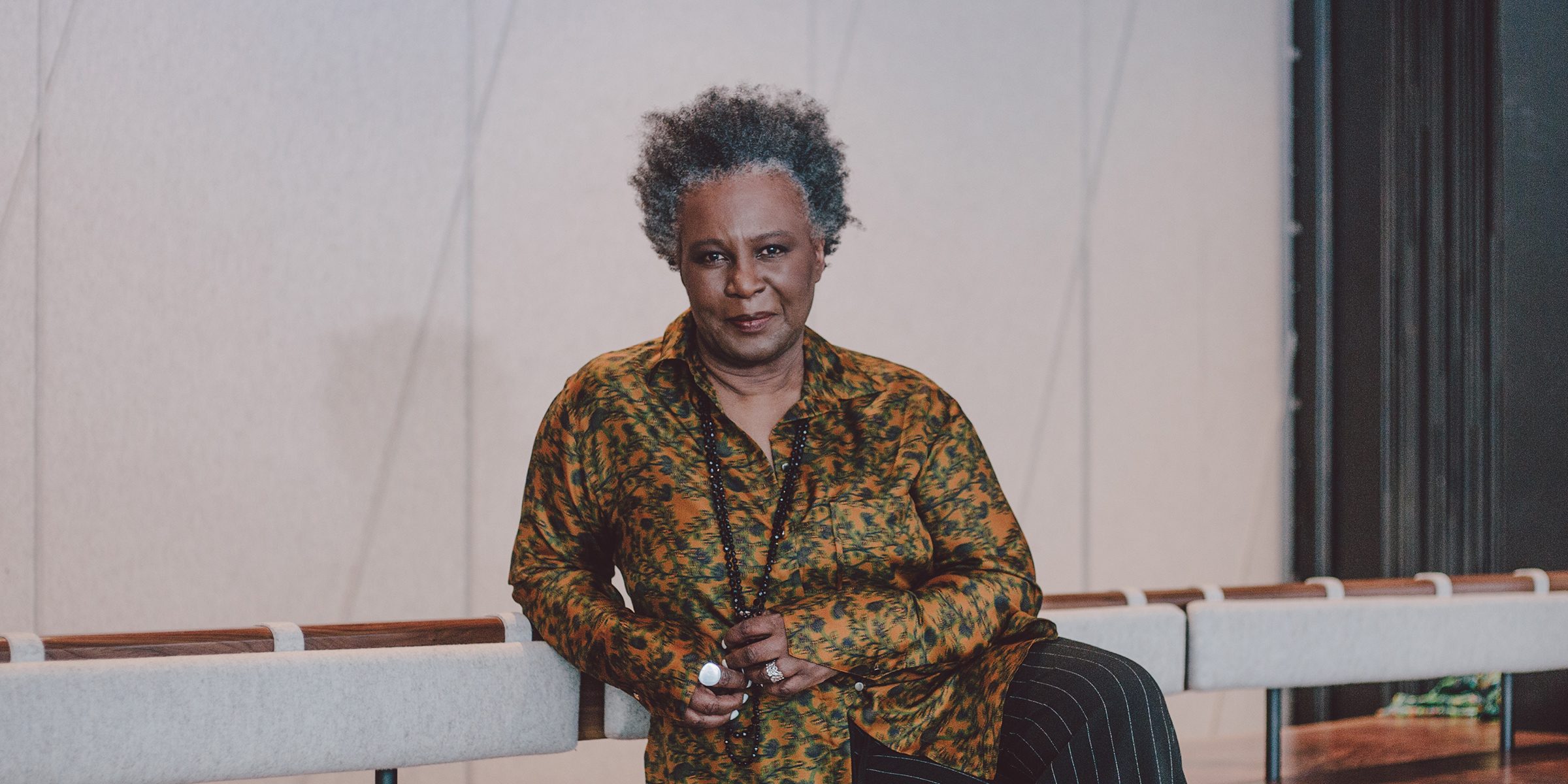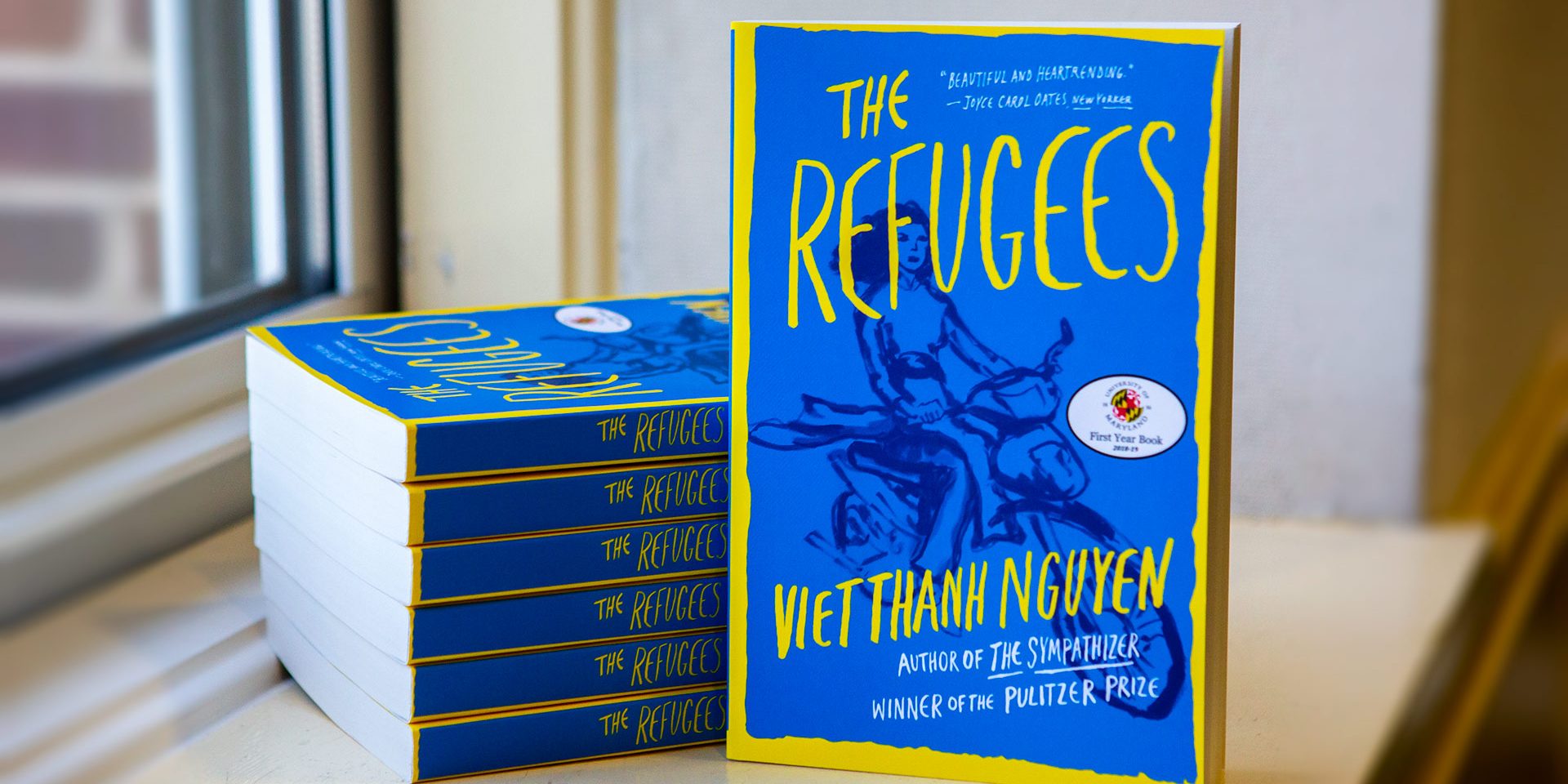
Still Learning from Ms. Lauryn
Hill reaches into the depths of her soul to express emotions so richly human that her grief, and pain, and joy, are ours.

Hill reaches into the depths of her soul to express emotions so richly human that her grief, and pain, and joy, are ours.

In any case, I don’t see myself as a collector of interviews—what I really want to do is to tell stories. And so what I found is that the tool of the interview is very useful. When you begin a real dialogue with someone, you find that everyone has something to tell, a story to share, but we need to listen.

To understand the existential issues facing Iran, you could do worse than to catch the new AppleTV show “Tehran.”

With the fervor of its political and theological themes, the irrepressible energy of War Music helps the modern reader understand Homer’s epic not as a corpse to be autopsied under the cold lights of the seminar room, but a national mythos suitable for the church, the (movie) theater, the bar, and the Rose Garden, all at once.

Our laughter gave voice to the things that words could not, another kind of “two-step,” perhaps, acknowledging the wrongs that cannot be righted without succumbing to them.

Pushing sonic boundaries and upending conventional pop tropes, A.G. Cook shows why PC Music has quickly become one of music’s most polarizing sounds.

The famous last words of Uncle Ben to Peter Parker are: “With great power comes great responsibility”; our cinematic culture says it believes this axiom, but then refuses to show the audience the price of responsibility, the price of power.

According to writer Viet Thanh Nguyen, popular narratives fail to capture these salient aspects of refugees’ lives. Instead, refugees stories’ are “invisible” until they are “hypervisible…forgotten by those who are not refugees until they turn into a menace.”